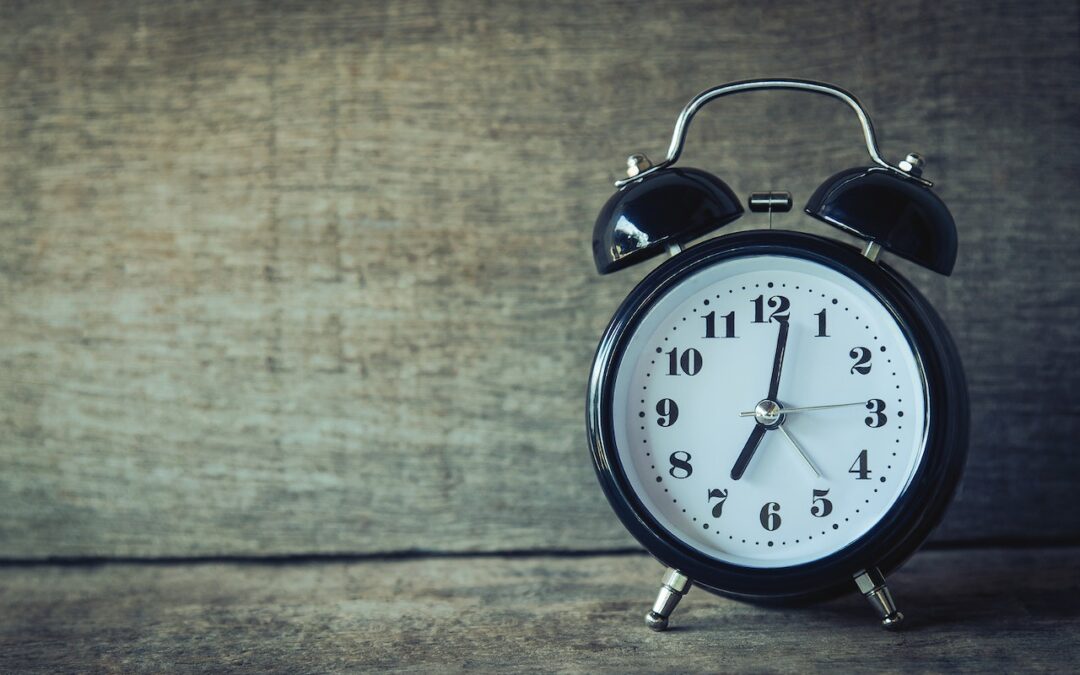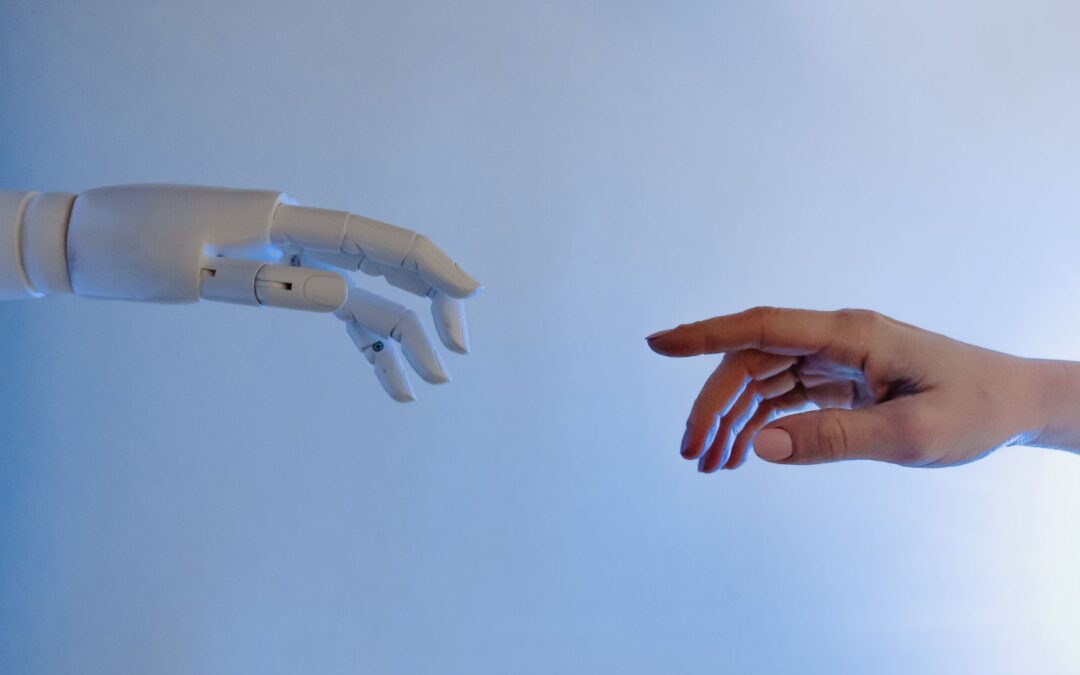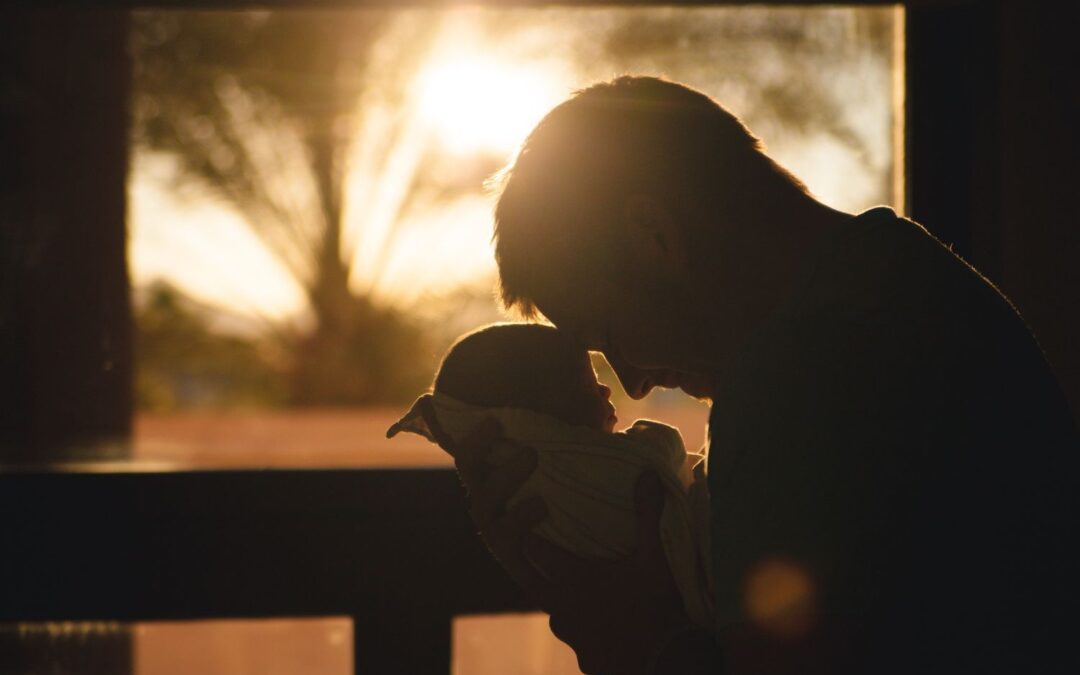Dating doesn’t stop once you’re married. In fact, according to figures from a new report by UVA’s National Marriage Project, dating well grows even more crucial as you navigate life’s mountains and valleys together. Of the 2,000 U.S. couples surveyed about their dating frequency, 52% reported “never or rarely going out on dates.” while 48% reported regular dates “at least once or twice a month.” As Alysse ElHage at the Institute for Family Studies explains, those couples who made time for regular date nights were “14 to 15 percentage points more likely to report being ‘very happy’ in their marriages compared to those who reported less regular date nights.” Far from simply taking a “night out away from the kids,” regular dating in marriage would seem to indicate greater intentionality and thus stability in the marriage itself.










